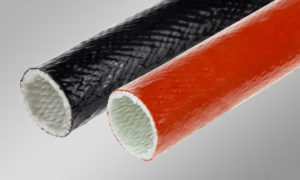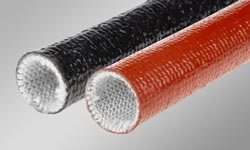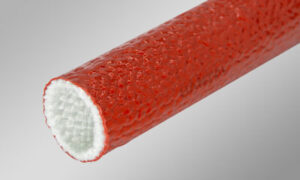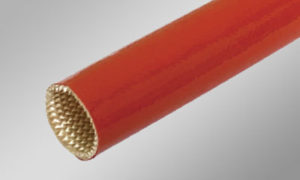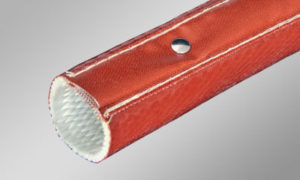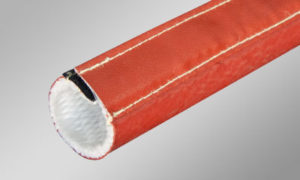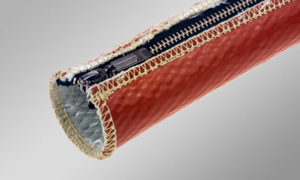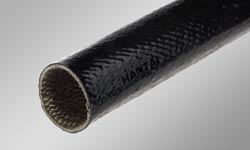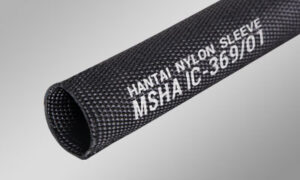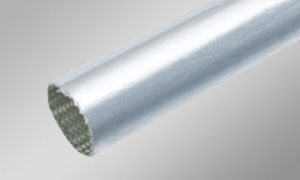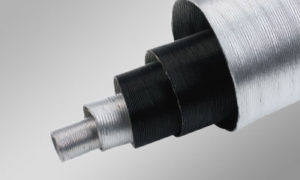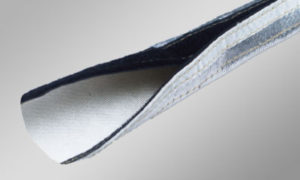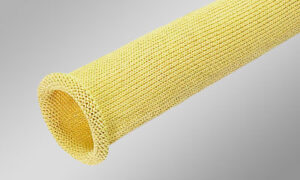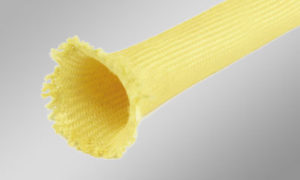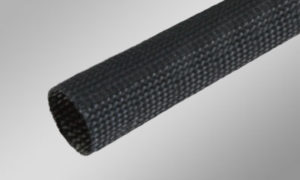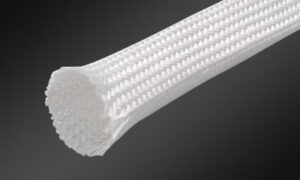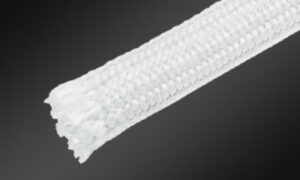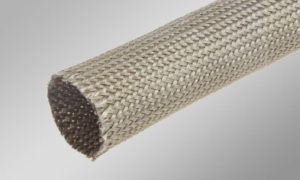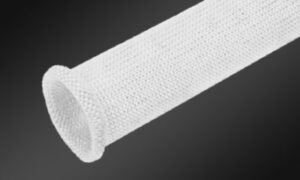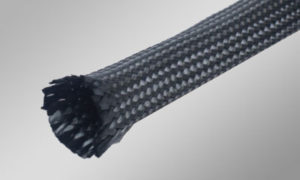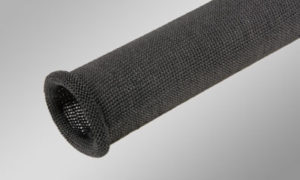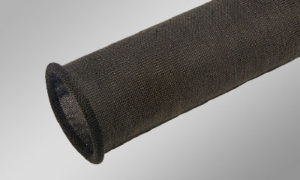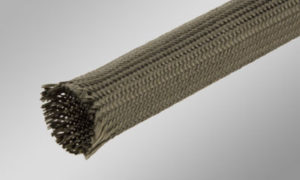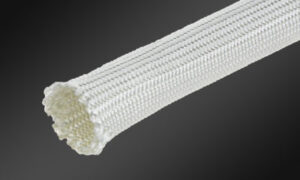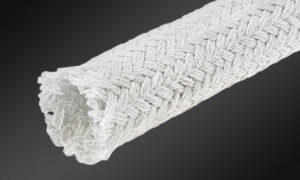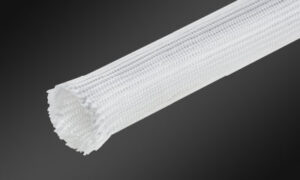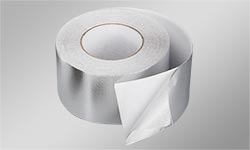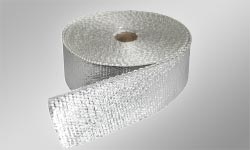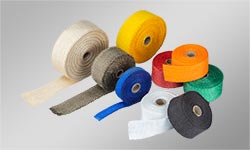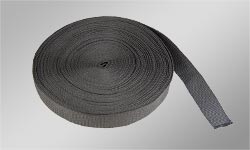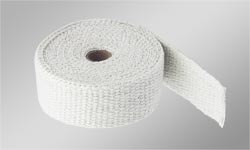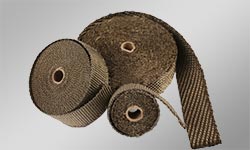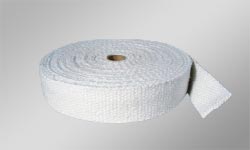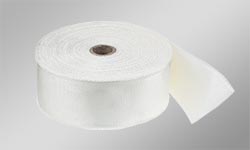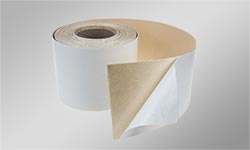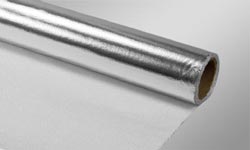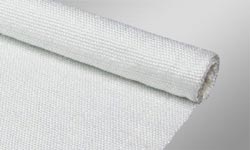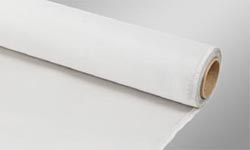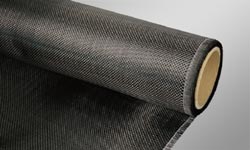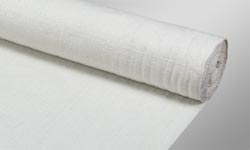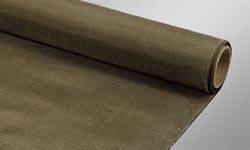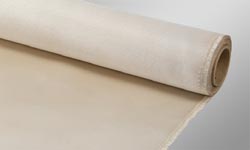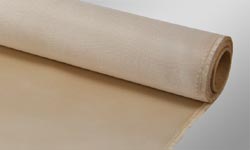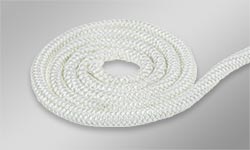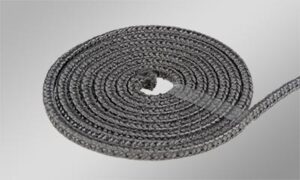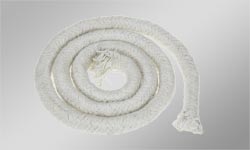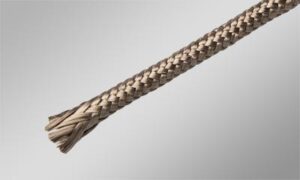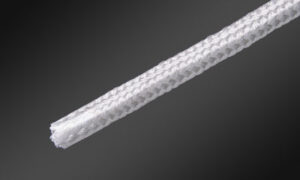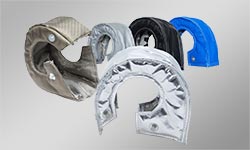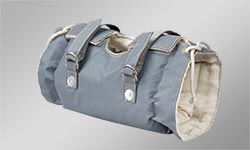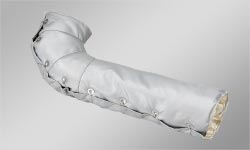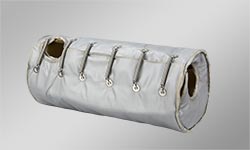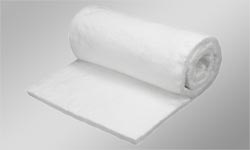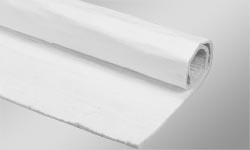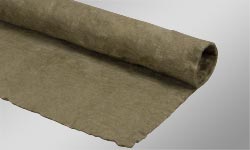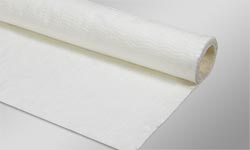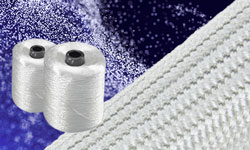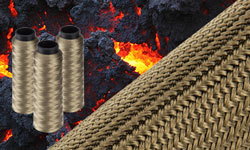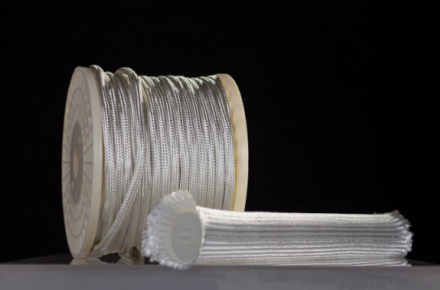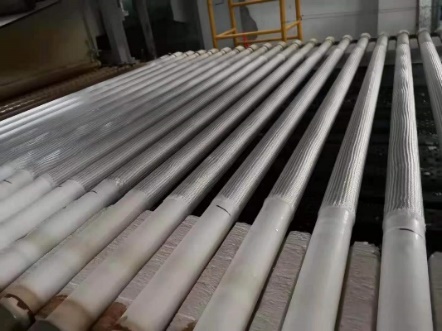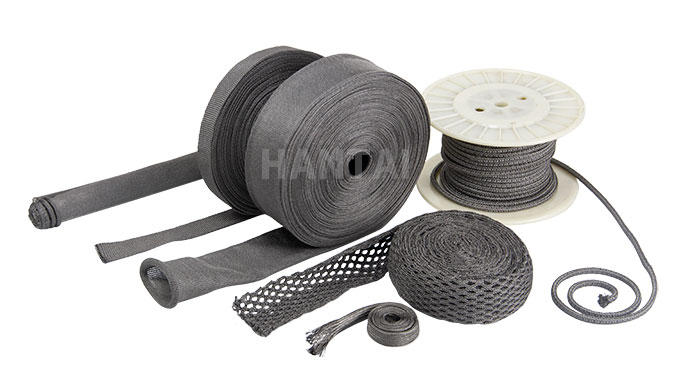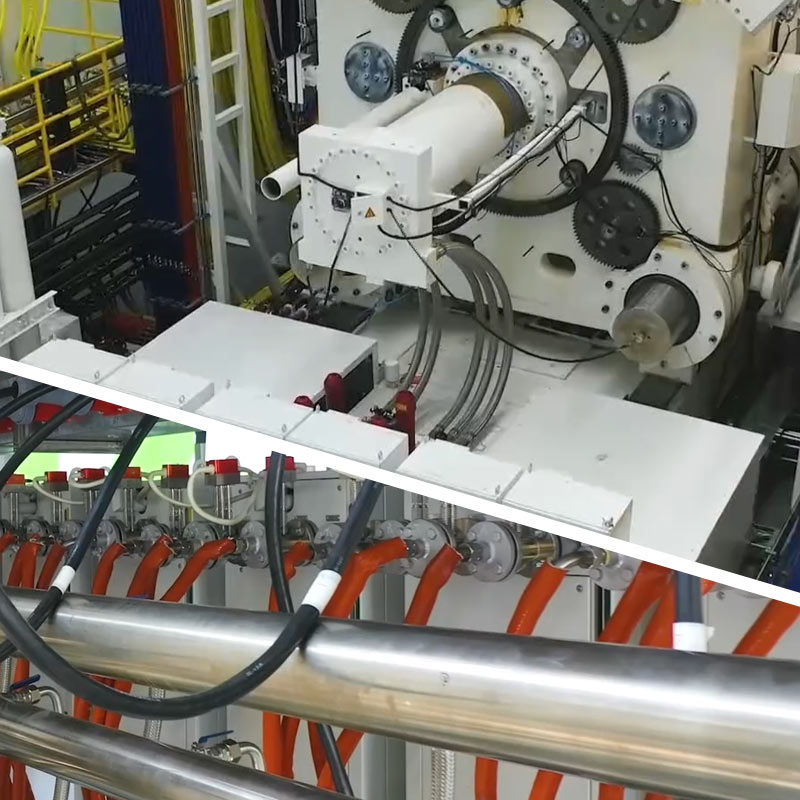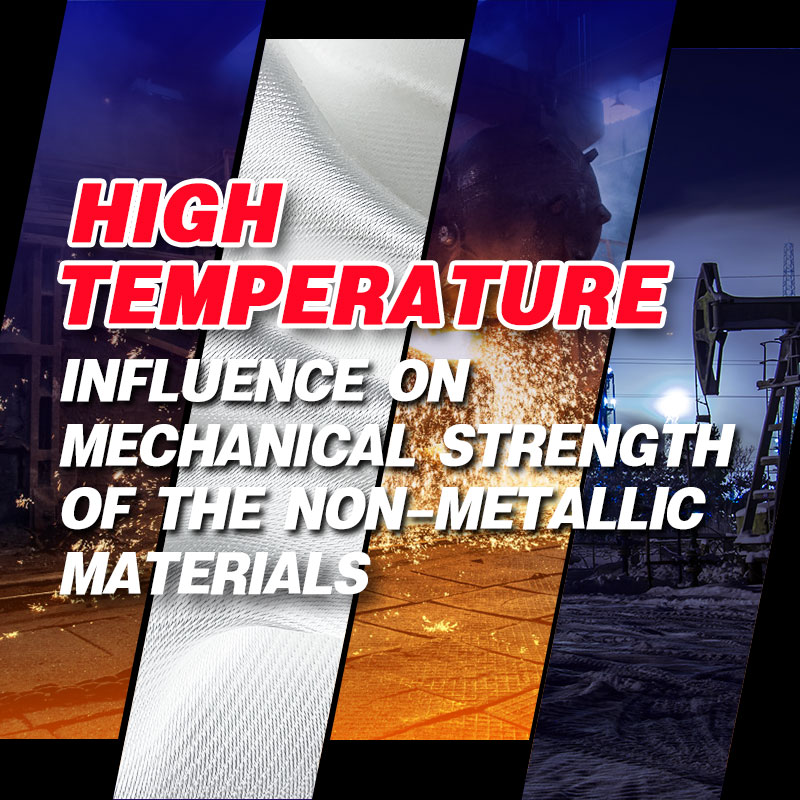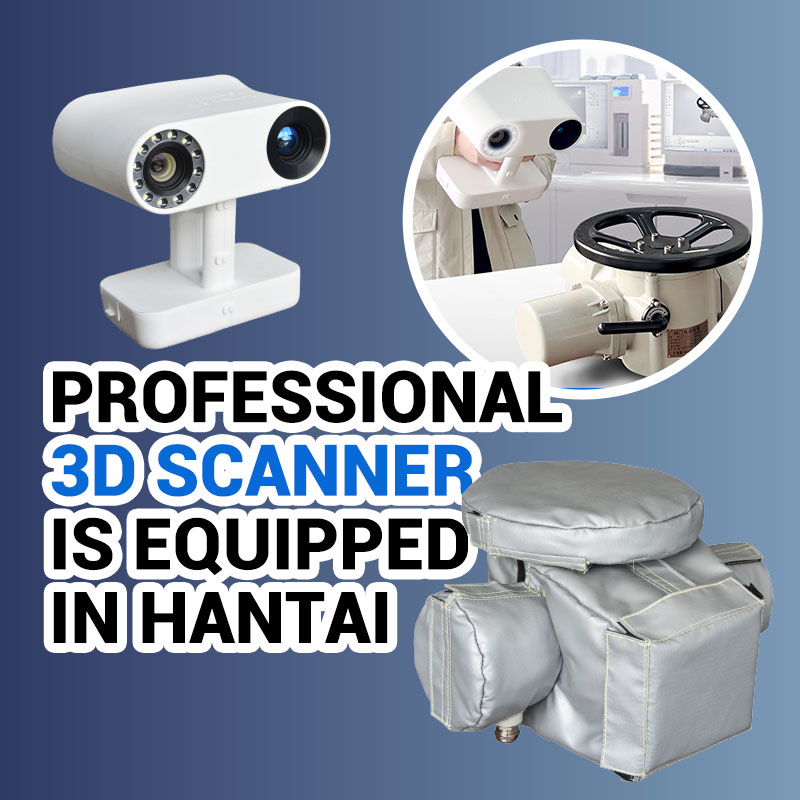As we all know, silica fiber sleeve is resistant to continuous working temperature at 1000°C, or even up to 1650 °C for intermittent exposure, which has been widely used for thermal insulation and protection material for different industries.
But is it suitable to be used universally for all working condition under 1000°C?To make an explanation, Here I would love to share a case on automotive glass application, that:
A customer from South America came to us complaining that “the used silica fiber sleeve, cover to transfer roller during the automotive glass manufacturing, ripped at around 700°C, and asked for appropriate solution.
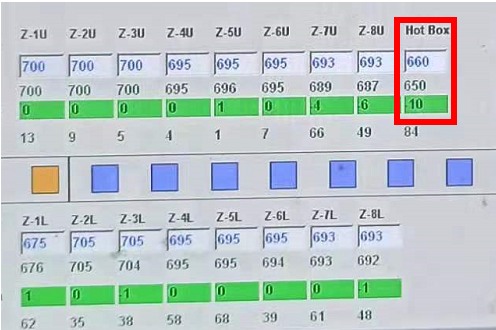
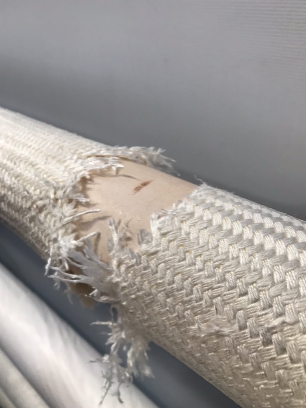
After investigation, we found:
When conveying the glass to next procedure (like annealing furnace), the roller keeps rolling, which involved with abrasion between glass and the sleeve covering the roller. Thus, the critical points are NOT just about the temperature resistance, but also about the abrasion resistance, the tensile strength, of the sleeve.
While, the tensile strength of the silica fiber sleeve is not so strong, that after long time of usage, particular when temperature gets high, like 700°C, the sleeve could get crispy, which generates tiny fiber dust and get burring under abrasion, and get rips like the case of that customer.
Thus, for conveyer roller in glass manufacturing, particularly the automotive glass, which requires intact sleeve during operation with minimum scratches to improve glass quality, silica fiber doesn’t suit well, even though it can cope with high temperature.
Among all fiber, we suggest quartz fiber sleeve for this conveyer roller during automotive glass when temperature is around 700°C, which perform great in improving glass quality and with longer usage life.
** Major Property Comparison Between Quartz Fiber and Silica Fiber for your reference.
| Properties | Quartz Fiber | Silica Fiber |
| SiO2 Purity % | ≥99.9% | ≥96% |
| Density (g/m³) | 2.2 | 2.18 |
| Tensile Strength (GPa) | 3.6 | 1.5 |
| Elastic modulus(GPa) | 78 | 73 |
| Temp. Resistance (°C) | 1200 | 1000 |
| Melting Point(°C) | 1730 | 1650 |
At the same time, for the glass transfer roller with temperature below 650°C, stainless steel fiber knitted sleeve could be a very good choice. It has unique tensile strength against abrasion, high temperature resistance, and is more environmentally friendly and durable!
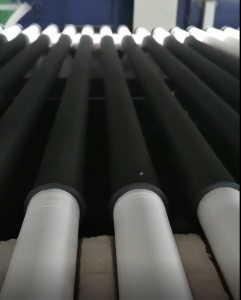
If you want to know more about the thermal insulation protection products used in glass manufacturing, please contact Hantai!


